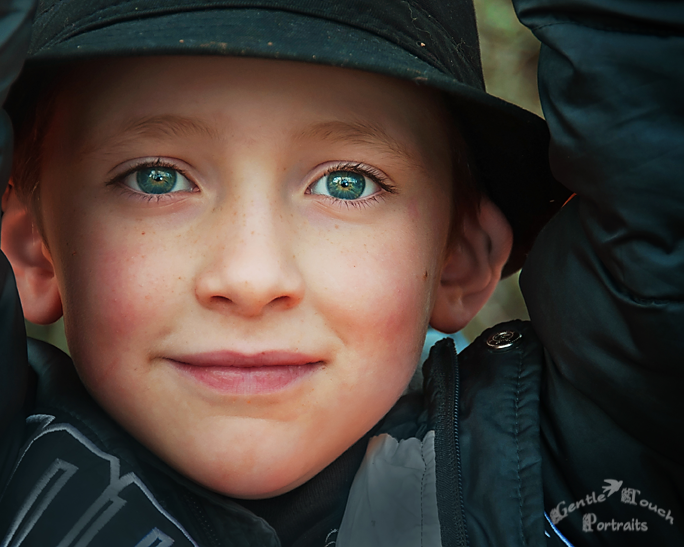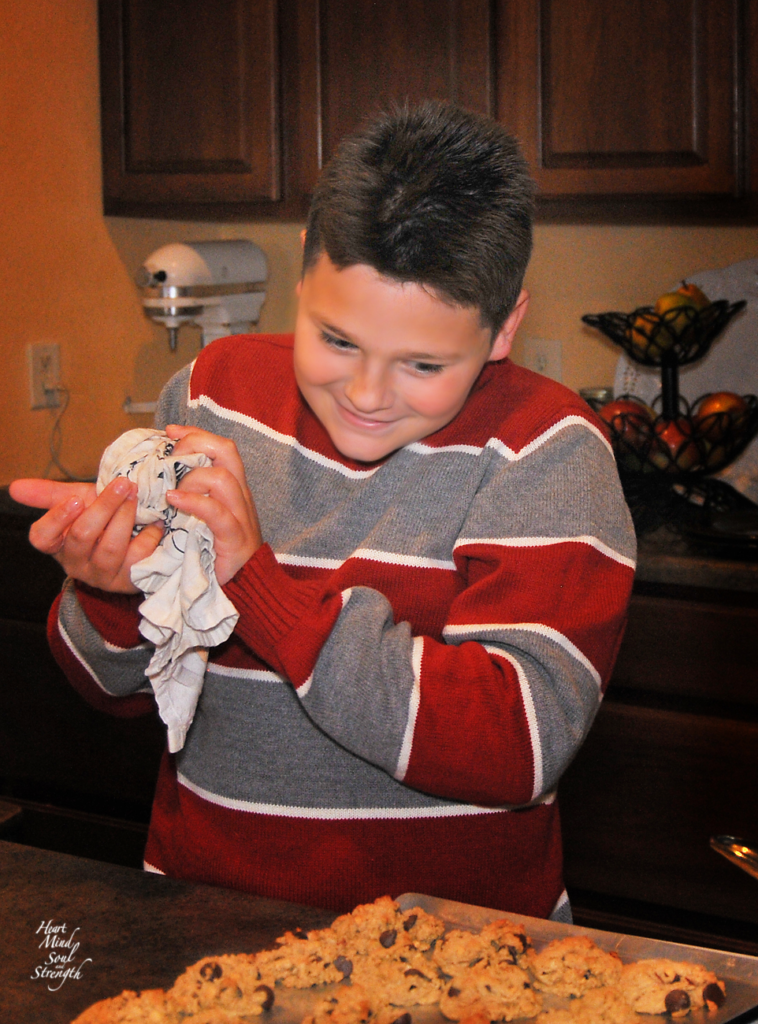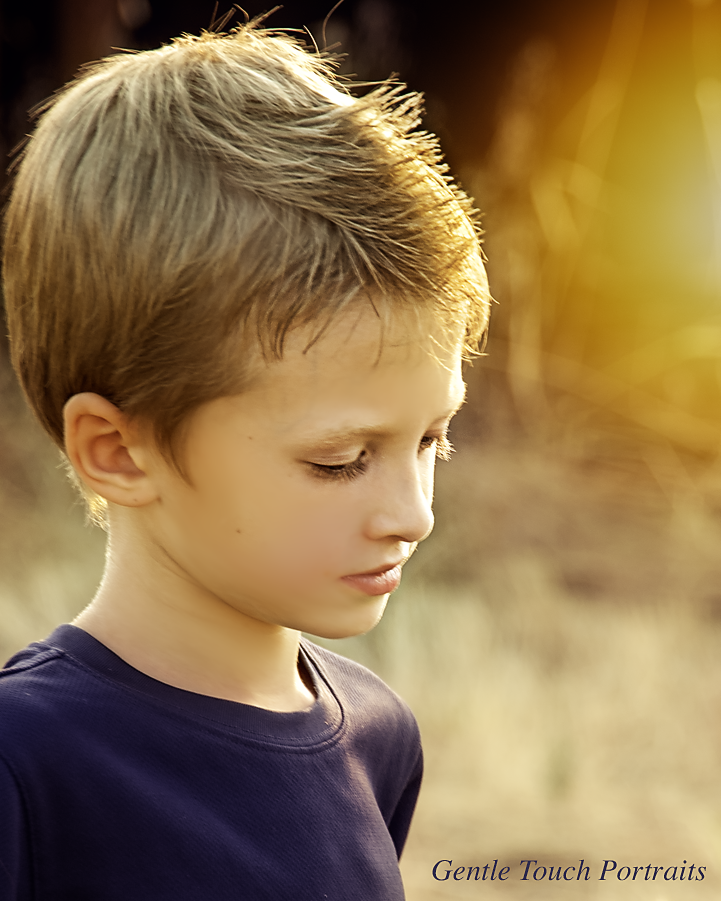 I’ve been thinking lately about our life stories. This week two of Husband’s childhood friends came to visit. As they discussed their growing up years, the wife mentioned the difficult childhood she had. Her alcoholic parents spent only one day a week with her, leaving her the other days in the care of people not especially suited to raising a child. Yet as a student she always did her assignments and never got into trouble. As an adult, she had a successful career, raised two children being a single mom for some of those years, and is now an involved grandma. She didn’t have the advantages most of us had, and yet she is a pleasant, intelligent, kind woman who loves her second husband, children, and grandchildren. She certainly would have had an excuse for acting out in school, abusing alcohol, and generally being a loser like her parents. But she chose differently.
I’ve been thinking lately about our life stories. This week two of Husband’s childhood friends came to visit. As they discussed their growing up years, the wife mentioned the difficult childhood she had. Her alcoholic parents spent only one day a week with her, leaving her the other days in the care of people not especially suited to raising a child. Yet as a student she always did her assignments and never got into trouble. As an adult, she had a successful career, raised two children being a single mom for some of those years, and is now an involved grandma. She didn’t have the advantages most of us had, and yet she is a pleasant, intelligent, kind woman who loves her second husband, children, and grandchildren. She certainly would have had an excuse for acting out in school, abusing alcohol, and generally being a loser like her parents. But she chose differently.
We all know adults who grew up in a dysfunctional home and became dysfunctional themselves. One of Husband’s childhood friends showed disrespect for his parents, his teachers, and any authority since he was very young. During middle school, he began a steep downward slide and died at 57 after a life of drug abuse and broken relationships. We all know adults who had a stable home life and yet became entangled in self-destructive behavior. Why did they rebel against the household rules and bring heartache into their own lives?
I think part of the reason there are success stories of kids with difficult childhoods is that from a young age they accepted the fact that someone else wasn’t going to do it for them. They realized that they were in charge of making their life good. They saw a bad example in their family and decided they wanted a better life. They shouldered responsibility and thus found power over their circumstances. They refused to lose their forward focus by looking around and blaming others.
“The child will not be punished for the parent’s sins, and the parent will not be punished for the child’s sins. Righteous people will be rewarded for their own righteous behavior, and wicked people will be punished for their own wickedness.” Ezekiel 18:20
So should we dump our kids or grandkids on someone else, become alcoholics, and hope they figure out how to be responsible? I’m thinking a better method would be to encourage responsibility by not doing for our children what they can do for themselves. Allow natural consequences for irresponsibility to impact them as long as there isn’t physical danger or irreparable emotional damage. If their job is doing their own laundry, let them see the natural consequences of doing a good job on their laundry or the consequences of putting it off until they have no clean clothes. Step back and give them age-appropriate tasks and then interfere as little as possible. Give them instruction initially as they learn the new task, but after you’ve given them tips, don’t hover and micro-manage. Let them take pride in doing it by themselves. Create an atmosphere that graciously allows for mistakes. Remind them that mistakes are excellent learning opportunities. Don’t criticize. If no one can do it as well as you can, then you will be stuck doing it. You’ll wear yourself out and they won’t learn. Accept that they probably won’t do it as well as you, or at least, not in the beginning. Sacrifice perfection for the higher good of helping them develop into responsible adults. In the beginning, praise them in order to encourage them. Later, thank them regularly for being faithful in their responsibilities.
“You should mind your own business and work with your hands, just as we told you, so that your daily life may win the respect of outsiders and so that you will not be dependent on anybody.” 1 Thessalonians 4:11-12
 Complaining and blaming make it much harder to succeed. They certainly steal the joy that could accompany our tasks. Lead by example. Remember the end goal of your work. Not work for work’s sake, but work as service to our families and ultimately to God. Try to be positive about mundane tasks yourself. Use tricks to help you not hate your own duties and model that for your kids. Many folks use music to provide a happy environment for working. Others motivate themselves with a reward when the task is completed. Others of us just eat dark chocolate while working! Model good work habits, like keeping up on tasks, not letting them pile up and become overwhelming. Habits and routines help us be consistent. Always cleaning up after each meal prevents overwhelm. Always making your bed upon arising creates order. Doing laundry every day or on certain days prevents morning dressing panics. Being a good example is important. When our kids and grandkids watch a household run relatively smoothly, it is setting a precedent/expectations for their own future households.
Complaining and blaming make it much harder to succeed. They certainly steal the joy that could accompany our tasks. Lead by example. Remember the end goal of your work. Not work for work’s sake, but work as service to our families and ultimately to God. Try to be positive about mundane tasks yourself. Use tricks to help you not hate your own duties and model that for your kids. Many folks use music to provide a happy environment for working. Others motivate themselves with a reward when the task is completed. Others of us just eat dark chocolate while working! Model good work habits, like keeping up on tasks, not letting them pile up and become overwhelming. Habits and routines help us be consistent. Always cleaning up after each meal prevents overwhelm. Always making your bed upon arising creates order. Doing laundry every day or on certain days prevents morning dressing panics. Being a good example is important. When our kids and grandkids watch a household run relatively smoothly, it is setting a precedent/expectations for their own future households.
“Work with enthusiasm, as though you were working for the Lord rather than for people. Remember that the Lord will reward each one of us for the good we do.” Ephesians 6:7-8
Every one of us wants to feel needed. We want to accomplish something. We want to have purpose. Allowing our kids or grandkids to take charge of appropriate tasks, allows them to own more and more of their lives. They develop self-confidence and independence. They learn to have self-motivation. They have something to be proud of that is their own. When we do things for them that they could do themselves, we rob them of a safe place to practice life skills. They will have to learn how to do life someday without us in a place that may not be safe. Let’s let them learn life skills at home while we are there to guide, protect, and cheer them on! Of course, this is no guarantee that they will make good choices in life.
“Since they thought it foolish to acknowledge God, he abandoned them to their foolish thinking and let them do things that should never be done.” Romans 1:28
In the end, each person makes their own choices. Even after bad choices, each person has the option to change on any day he/she chooses! As parents and grandparents, we can’t choose for them. Our parents couldn’t force us to choose a certain way. Human beings are autonomous. Each of us is responsible for own choices. This is both scary and comforting. Once our kids are adults, the best we can do is not to allow ourselves to be enablers. Cutting the apron strings is the biggest favor we can do for them out of respect for their adulthood. Letting them learn the same way we (hopefully) did, can be painful. But they must do it for themselves. In the end, they will get what they, themselves, want whether good or bad. We parents save our sanity by accepting that we cannot change our kids. We aren’t powerful enough or wise enough to do that job. The outcome of their lives is between them and God. Many years ago a wise friend told me, “We (parents) aren’t junior Holy Spirits. God can handle them.” I need to be reminded of that often. Also, prayer helps. Dumping all my sadness and worry at Jesus’ scarred feet takes the burden off me.
“Give all your worries and cares to God, for he cares about you.” I Peter 5:7
Think of how our Heavenly Father parents. He gave us the precious gift of free choice. We aren’t programmed robots that automatically do his bidding. In fact, quite the opposite. It’s our nature to rebel. He doesn’t prevent us from choosing evil. He doesn’t force us to choose good. He will help us to want to do good if we ask for that gift, but he doesn’t beat our door down. He allows painful consequences, but he is always waiting for the prodigal to turn around and come back home.
“So he returned home to his father. And while he was still a long way off, his father saw him coming. Filled with love and compassion, he ran to his son, embraced him, and kissed him. . . ‘We must celebrate.’ . .So the party began.” Luke 15:20,23,24